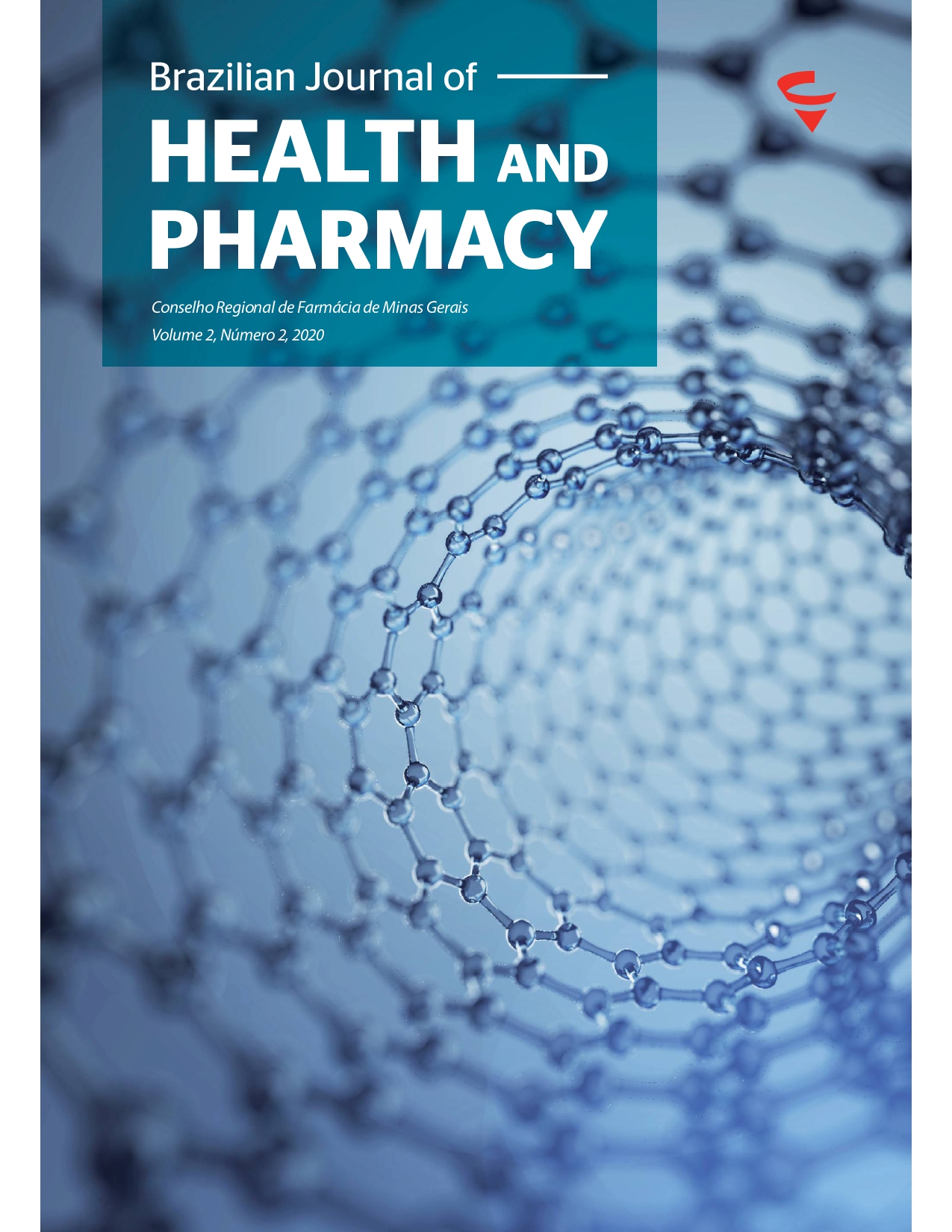Abstract
Medicines are one of the most used technologies for the prevention and treatment of the population’s health problems. However, with the evolution of the therapeutic arsenal, incidents related to the use of these products began, culminating in the creation of pharmacovigilance. This study aimed to describe the implementationof “Farmácia de Ouro”, the pharmacovigilance service at the School of Pharmacyof the Federal University of Ouro Preto, and to evaluate the profile of adverse drug event (ADE) notifications and technical complaints received in the first quarter of its implementation. A cross-sectional and descriptive study was carried out from March / 2019 to January / 2020. The implementation of the service consisted of four stages - constitution of the team, literature review, preparation of a flowchart for data collection and notification form, and advertisement.The variablesused to analyze the profile of the notifications were: type of notification, notifier, medicine/health product suspected and a reason for notification. During the study period, four meetings were carried out with health professionals in Ouro Preto, totaling 122 participants. Until January / 2020, the “Farmácia de Ouro” received only three notifications, two of which were technical complaints about quality deviation (a procedure glove and medicine) and oneADE (adverse reaction not registered in the package leaflet). It was possible to observe the importance of carrying out continuing education activities and encouraging notification by health professionals and the population, to stimulate spontaneous notification and promote the safe use of medicines and health products.

